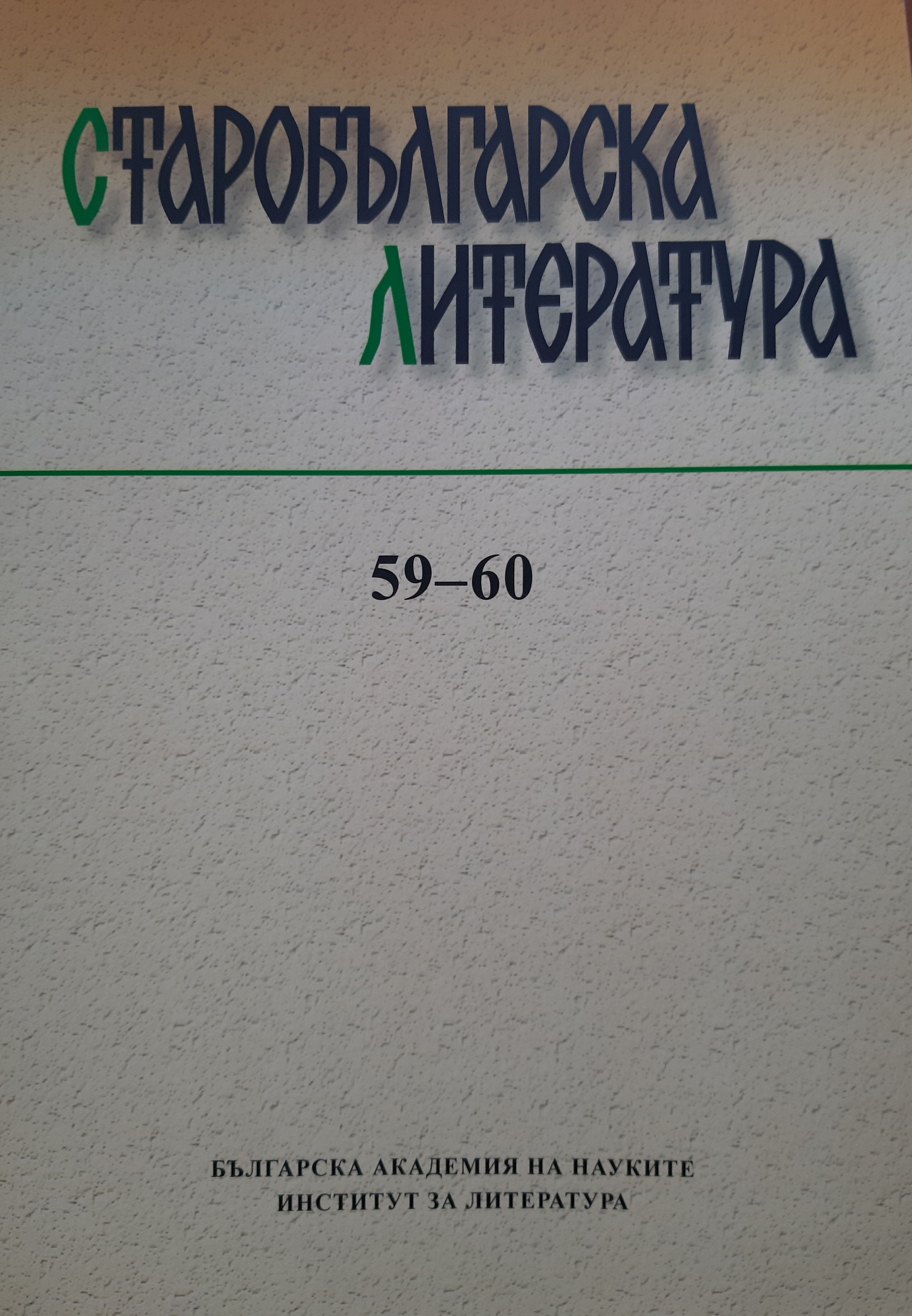
We kindly inform you that, as long as the subject affiliation of our 300.000+ articles is in progress, you might get unsufficient or no results on your third level or second level search. In this case, please broaden your search criteria.

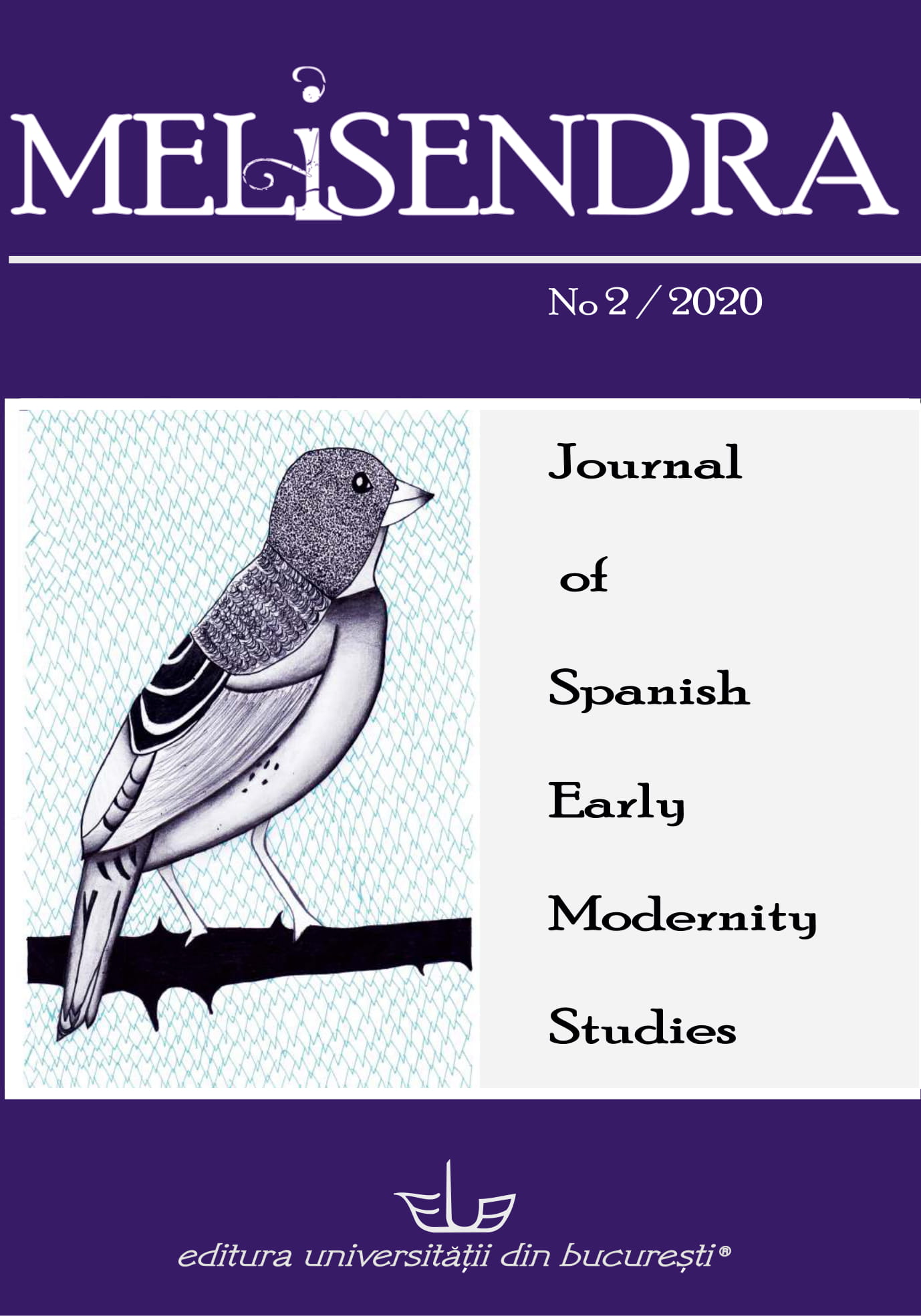
Este artículo se centra en la pieza de Pérez de Montalbán El señor don Juan de Austria y en la representación que en ella se hace de la batalla de Lepanto, encomendada a un relato a posteriori que hace el mismo don Juan, siendo ya Gobernador de Flandes. En el trabajo se hace referencia a varias obras del siglo XVII dedicadas a la empresa de la que el hijo ilegítimo del emperador fue protagonista. / This article focuses on the piece by Pérez de Montalbán El señor don Juan de Austria and on the representation that is given in it of the battle of Lepanto, entrusted to a story a posteriori made by don Juan himself as Governor of Flanders. In this paper, reference is made to several works of the seventeenth century dedicated to the endeavours of which don Juan was protagonist.
More...
La batalla de Lepanto ha sido estudiada y discutida principalmente por losacadémicos en relación con las monarquías directamente relacionadas con el MarMediterráneo. Las regiones alejadas suelen estar lejos de su interés en respecto al tema.Mientras tanto, la visión del mundo de Felipe II de Habsburgo sobre la cuestión turcaera mucho más amplia, por no decir que estaba fuera de todo límite. Uno de los efectosde la victoria de Lepanto fue su participación en actividades diplomáticas dentro de laRepública Polaco-Lituana. Especialmente desde el año 1572, cuando el trono del estadopolaco-lituano se convirtió en electoral, la oportunidad fue de gran importancia. Larivalidad entre la Monarquía Hispánica, Francia, pero también el Imperio Otomano y elPapado se trasladó a un nuevo teatro geopolítico en Oriente. La autopercepción deFelipe II después de Lepanto y su política anti turca no llegó a la nobleza del estadopolaco-lituano. El monarca español no sabía o no entendía la situación geopolítica delestado polaco-lituano. Como resultado, el Habsburgo español sufrió una amarga derrota,pero siguió manteniendo su presencia en este nuevo espacio geopolítico.
More...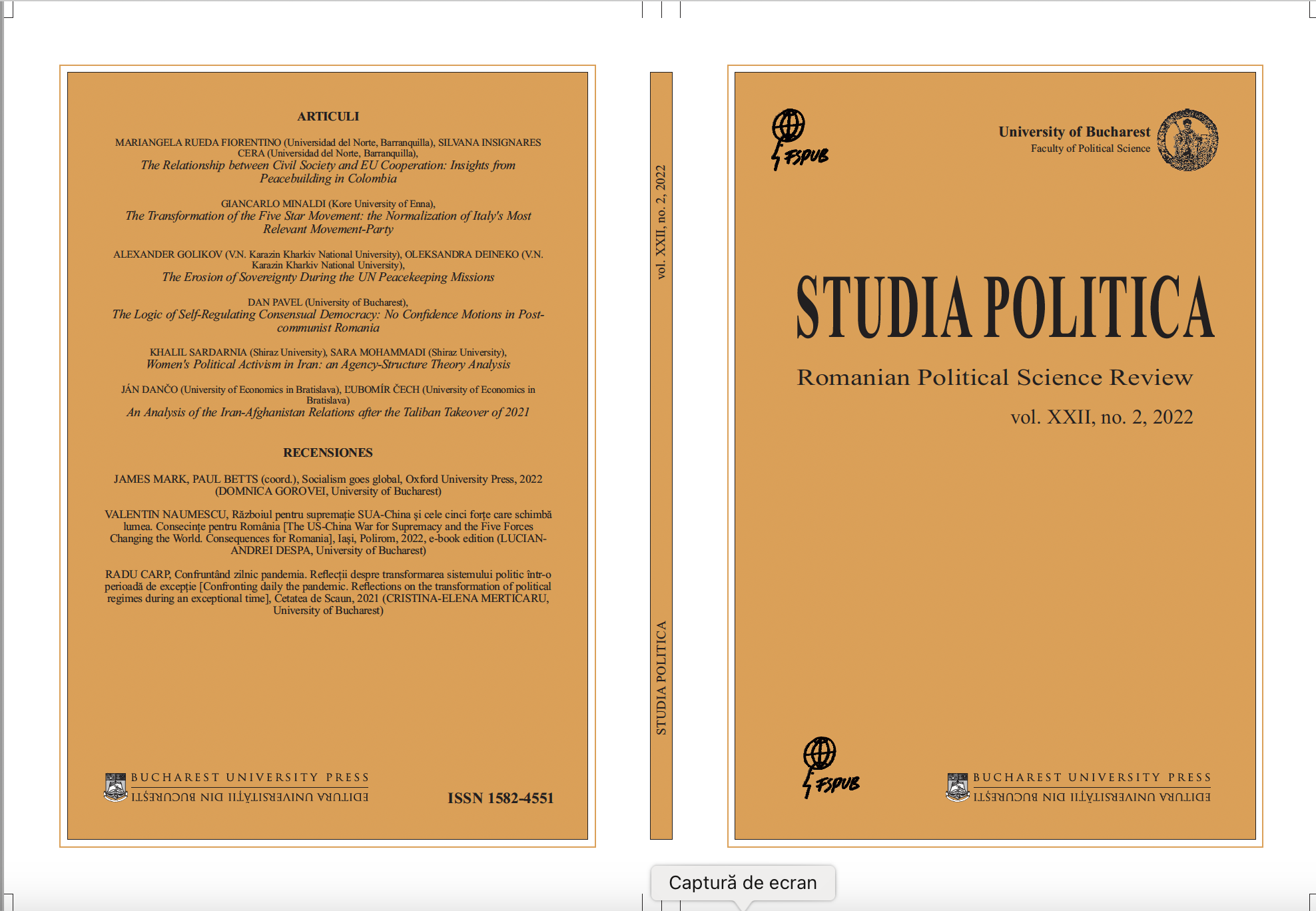
The year 2021 was turbulent for Afghanistan as it saw the United States military withdrawal after twenty years and the Taliban’s takeover of the country. The Iranian regime supports the stability and prosperity of Afghanistan. Both countries are bound by strong economic and cultural ties. This article examines the history of Iran-Afghanistan relations and the links between Tehran and the Taliban. The study presents the key aspects of their cooperation that are vital to their national interests. This article uses a qualitative content analysis of the secondary literature on the two regimes with the purpose of explaining the essence of their two approaches, stemming from a blend of religious, historic, and economic causes, which shape politics and social sectors in both countries, and link them with the priority areas regarding the bilateral relations between Iran and Afghanistan
More...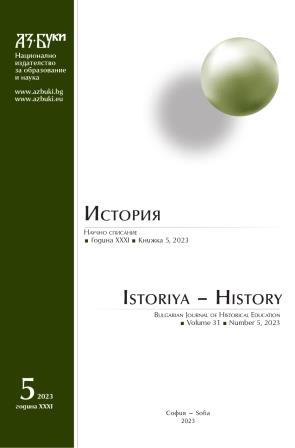
The article examines the challenges in the construction of the network of Bulgarian trade agencies in the Ottoman Empire at the end of the 19th century. Although they officially have consular functions, the Bulgarian representations are an important part of Prime Minister Dr. Konstantin Stoilov’s strategy for solving the Bulgarian national question and the accession of Macedonia to the Principality of Bulgaria. Their task is to counteract the development of foreign propaganda in European Turkey and to become a coordination and management center of Bulgarian legal and illegal organizations. Therefore, the Bulgarian trade agents encountered opposition not only from the Ottoman authorities, but also from the consuls of the neighboring Balkan states and Russia – contenders for the distribution of the Ottoman heritage in the Balkans. The author uses the rich archive of the Ministry of Foreign Affairs and Denominations in Sofia to show the solutions of the Prime Minister to the main problems and to analyze the result of their implementation.
More...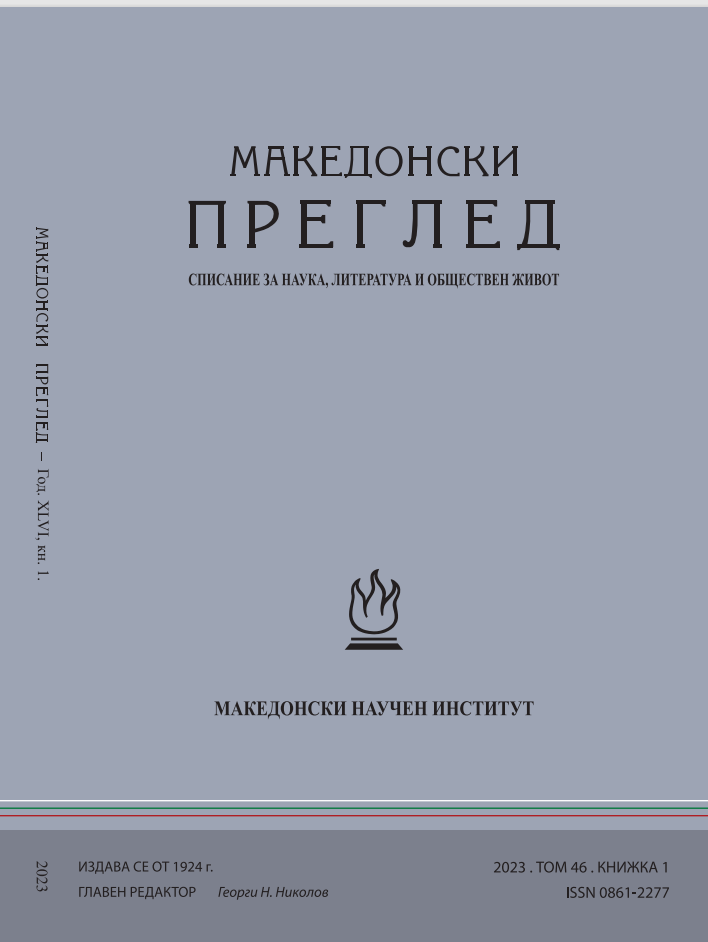
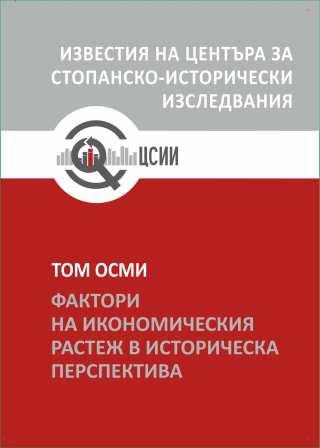
The article proposes a concept for the economic history periodization of the Bulgarians in the Ottoman empire (15th –20th centuries), made on the basis of the main economic growth factors: the growth of the productivity of labour and capital; technical progress, a consequence of the Industrial Revolution achievements, of the development of knowledge, science and education; the human capital; the emergence of modern institutions, stimulating the entrepreneurial spirit of the population and innovation. In an attempt to substantiate the main periods through which the economic development of the Bulgarians passed through the era have been observed the periodizations already made of the history of the Ottoman empire and of Bulgarian history in the 15th –20th centuries. Considering the presence or absence of the above-mentioned factors we can fix one main internal border – the beginning of the 19th century. It distinguishes two separate periods in the Bulgarian economic history during the ottoman rule, respectively: 15th – 18th centuries and 19th –beginning of 20th centuries.
More...
During the 17th–19th century, tobacco production and trade was not onlya major component for the Ottoman economy – the development of the tobacco industry significantly shaped the economic and social structure of a number of regions thatwere under the Ottoman rule. The pace and scope of development of tobacco production in the Bulgarian lands were influenced by a wide range of factors. In their entirety,these factors predetermined the position and role individual regions had in the development of the tobacco industry. This led to a situation where quantity, volume and socialimportance of tobacco production had different weight in individual settlements or regions, and this interdependence was sustained throughout the entire period of Ottomanrule in the Bulgarian region. Main prerequisites that predetermined the developmentof the tobacco industry as a whole were the natural, human and state factors. Theywere most lasting and central for the development of the tobacco industry and its longevity in a historical perspective. Based on many years of experience, the agriculturalpopulation in Bulgaria had an excellent knowledge of the soil and climatic conditionsin their region and during the 17th-19th century they were able to adapt and cultivateoriental types of tobacco accordingly. Beside the natural, human, social, legislativeand cultural prerequisites, there are a number of other factors that helped shape thedifferent characteristics of the tobacco industry in the Bulgarian region. For example,the provision of quality tobacco seeds, the presence or absence of encroachments ontobacco, natural disasters, the disposal of funds to support tobacco production, etc.The combination of several or of all these prerequisites laid the foundation for thesuccessful development of tobacco production in the Bulgarian region and the abilityto turn it into a major economic branch with an important role for the financial, socialand international politics in Bulgaria after the end of the Ottoman period and duringthe twentieth century
More...
We challenge the view that Centrally Planned Economies functioned well until the mid-1980s, delivering high economic growth and better living standards. As part of a broader research effort into living standards under state socialism, this paper focuses on nutritional evidence. Judged by calorie intake, we show that only in the 1970s did Bulgarian living standards surpass levels achieved already four decades earlier. Our findings are particularly discomforting for the rural population which was the big loser of collectivization and forced industrialization policies after 1946. Big Push industrialization reduced nutritional welfare in addition to coming at high human and societal cost.
More...
The paper provides an analysis of the economic growth in Bulgaria over a forty-year period, which includes the last two decades of the command system and the time from the beginning of the transition to market economy to the 2009 crisis. It discusses the specificities in the chain growth rates of real GDP and real GDP per capita in the various stages of the period, measured by using data from different sources. The dynamics of the production and the income structure of GDP are characterized and the most important structural changes are highlighted. The main focus of the study is on the supply-side determinants of economic growth. To this end, the growth rate of real GDP per capita is decomposed into growth rates in employment and the impact on GDP growth of changes in employment, capital accumulation and total factor productivity is assessed. In the course of the study, the existence of three periods in the dynamics of GDP, distinguished by internal heterogeneity, is proved. Changes in the sectoral structure are generally in the direction of increasing the share of services and reducing the share of agriculture, with relatively smooth changes in the share of industry. The income structure of GDP during command system was relatively stable and dominated by labour income, while afterwards the share of the capital income prevailed. Changes in GDP per capita depend mainly on average labour productivity, while the contribution of labour was insignificant in the first period, it was relatively high positive or negative in the first decade of transition, and persistently positive after2000. The relative importance of growth factors has varied over time, with capital leading in years of relatively high growth rates. The impact of total factor productivity is positive in most years and negative at the beginning of the transition and at the end of the period, combined with alternating negative and positive contributions from labour. Economic growth was intense in certain years during socialism and at the beginning of the third period, while during the rest of the time it was of extensive nature.
More...
Here we consider currency reforms, or the compulsory currency exchanges by governments, which were quite common in the first half of the twentieth century. We analyse the effects on inflation of the three currency reforms implemented by the communist regime in Bulgaria after WWII, and of the one that took place during the transition. We provide new evidence on the implemented currency exchanges and compile a time series on the quantity of money in circulation in communist Bulgaria. The collected data and facts show that, contrary to the announced aim to tame inflation through the reduction of liquidity, the three reforms conducted in communist Bulgaria had almost no effect on both money in circulation and inflation. Instead, price stability was achieved through price controls. We emphasize the fact that the growth of money in circulation followed a strong positive trend and exceeded disproportionately the official inflation and output growth. All this generated enormous price pressure and led to the unprecedented inflation rates experienced after the regime collapsed and prices were liberalized. In the following years, high inflation was additionally nurtured by the excessive growth rates of the money supply in the early stages of the transition. Our observations corroborate the fact that the introduction of the currency board arrangement in the summer of 1997 put an end to the high inflationary periods as restrictive monetary and fiscal policies were adopted. We put forward the idea that in 1999, the fourth currency reform played a role in curbing inflation expectations by reducing the scale of price variation. The combined findings of all four reforms confirm the claim that a new currency cannot serve as a tool for combatting inflation per se. It can only be ancillary to reforms establishing fiscal discipline and prudent monetary policies. A side but important finding from the study is that no revaluation of fixed assets was conducted in the 1952 reform, while all other values were considerably reduced. This means that the calculated depreciation was disproportionately higher than the other cost items, which led to significant overestimation of the reported output volumes in the subsequent years and the economic growth rates for 1952–53. Finally, based on the official price-conversion rules, we propose an algorithm for converting values across the different periods.
More...
The study attempts to construct the personal and professional biography of an entrepreneur from Gabrovo, Hristo Arnaudov. His dynamic and eventful life-story so far remained unsearched and overshadowed by the figure of his eminent father Stancho Arnaudov. For the purposes of this research I have analyzed documents from the museums in Gabrovo and Tarnovo. I have also selected evidence from incunabular books and archive of the Bulgarian Orthodox church. Various scientific publications which are corresponding to the theme are also cited. Hristo Arnaudov’s activity is stretching out in many different directions and has many faces. He was managing the family business in Tsarigrad until 1864; he was one of the first establishers of the joint-stock company “Providenie” in the Turkish capital; a participant in the Great Exhibition of the Works of Industries of All Nations in London; a member of the supervising board of the construction works of the St Stefan church and a warden of the Bulgarian orthodox community, as well as voluntary activity on the publishing of textbooks and a charitable activity in different school organisations. His most famous activity was the translation and publishing of the Laws of the Ottoman Empire in four volumes. After the Liberation Hristo Arnaudov returns to Bulgaria with his family and works in the Sevlievo Court. He became related to the Momchevs - a well-known family from Tarnovo. He passes away in the 1917. The dynamics of the economic and social events from the 50’s until 80’s of the 19 century are illustrating his hesitations and the well-estimated risk taking, as well as his progress based on experience and knowledge. He was also a participant in the revolutionary initiative of the Tsarigrad’s Bulgarians and eventually his activity became part of the concept of economical growth.
More...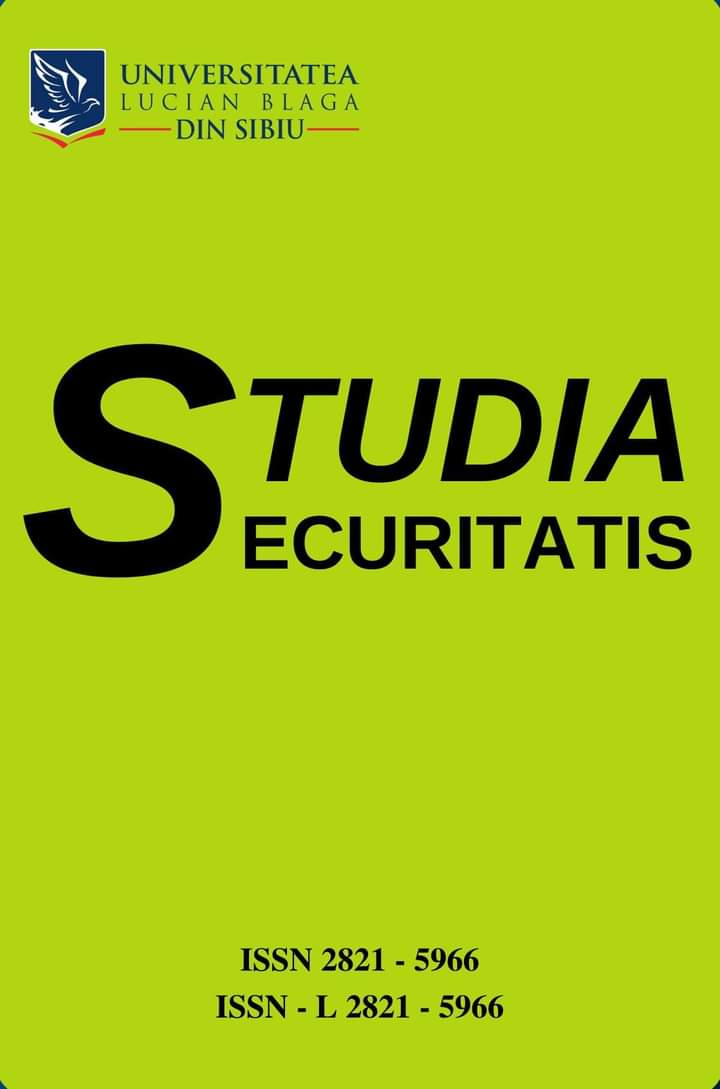
This paper aims to present how collective action has transformed into civil disorder against the pandemic policy in Czechia and Slovakia in 2020-2022. The research questions are as follows: 1) What factors decided the transformation of collective action into civil disorder? 2) What were the essential features of civil disorder in each state? The study draws on process tracing, qualitative analysis of sources, and qualitative comparative analysis. The research tool is fs/QCA software. The starting point is March 2020 when a state of emergency was declared in both states. The final point is March 2022 when most of the restrictions were canceled, the unofficial end of the pandemic. Cases selected include public gatherings in protest of the pandemic policy organized at that time in the cities of Prague, Brno, Ostrava (Czech Republic), and Bratislava and Košice (Slovakia). The cities have populations above 200 thousand and all of them are agglomerations that attract major socio-political events. Despite the initial success in dealing with the pandemic, the paper explains why collective actions to protect public health changed over time into civil disorder designed to undermine the pandemic policy. Therefore, the article provides evidence of the role antidemocratic played in inciting civil disorder.
More...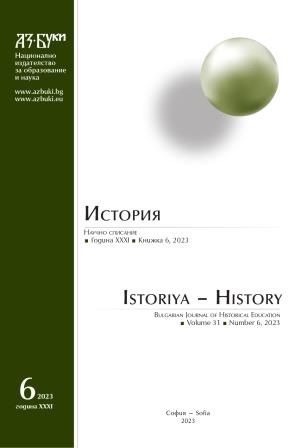
History as a school subject has been present in the curricula ever since the establishment of the Bulgarian secular education, and over the years the study of history began to be given more and more importance in our educational system. Society‘s perceived need to acquire knowledge about the past is the only opportunity to better understand the present and anticipate the historical perspective. The radical changes that occurred in Bulgarian society in the second half of the 20th century led to the establishment of a completely new kind of educational system, built on the Soviet model as comprehensive and universally accessible, but at the same time politically burdened with the forcibly imposed new moral and ideological conjuncture. This process was most clearly visible in the arts, among which the discipline of History suffered particularly hard the long-term defeat of its ideologizing and outright falsification. The proposed research examines the political justification of the main historical concepts studied during the period of socialism, the development of the methodology of teaching history in schools between the reforms in 1948, 1959, 1968 and the follow-up of the situation after the end of the totalitarian regime in 1989 until the reform in 2002.
More...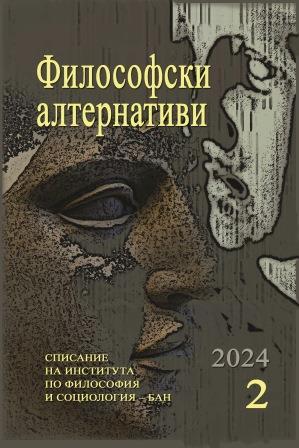
The main aim of this article is to examine the causes behind the recurring heroic motives of Thermopylae up to the present day. This phenomenon, referred to as the comparative heroisation process, is analyzed in the context of initiation, glorification, and identification of contemporary European soldiers with the Spartan warriors. The author(s) primarily employ a comparative historical method, incorporating some elements of a constructivist approach. The Battle of Mariupol, one of the largest clashes during the invasion of Ukraine, is specifically examined. However, instead of focusing on measuring the actual degree of similarity to Thermopylae, the author(s) concentrate on the metaphorical aspect. The central question raised is: why has the symbolism of Thermopylae persisted? Additionally, the authors explore the continuities and discontinuities that the Mariupol case demonstrates in comparison to earlier historical examples. The author(s) aim to demonstrate that the heroisation process does not necessarily require defenders to possess all sublime virtues. On the contrary, it may be sufficient for the community to aspire to acknowledge, identify with, or achieve certain arch-heroic traits or qualities, which can then be attributed to their respective national courageous champions, irrespective of how closely they resemble the heroic role models.
More...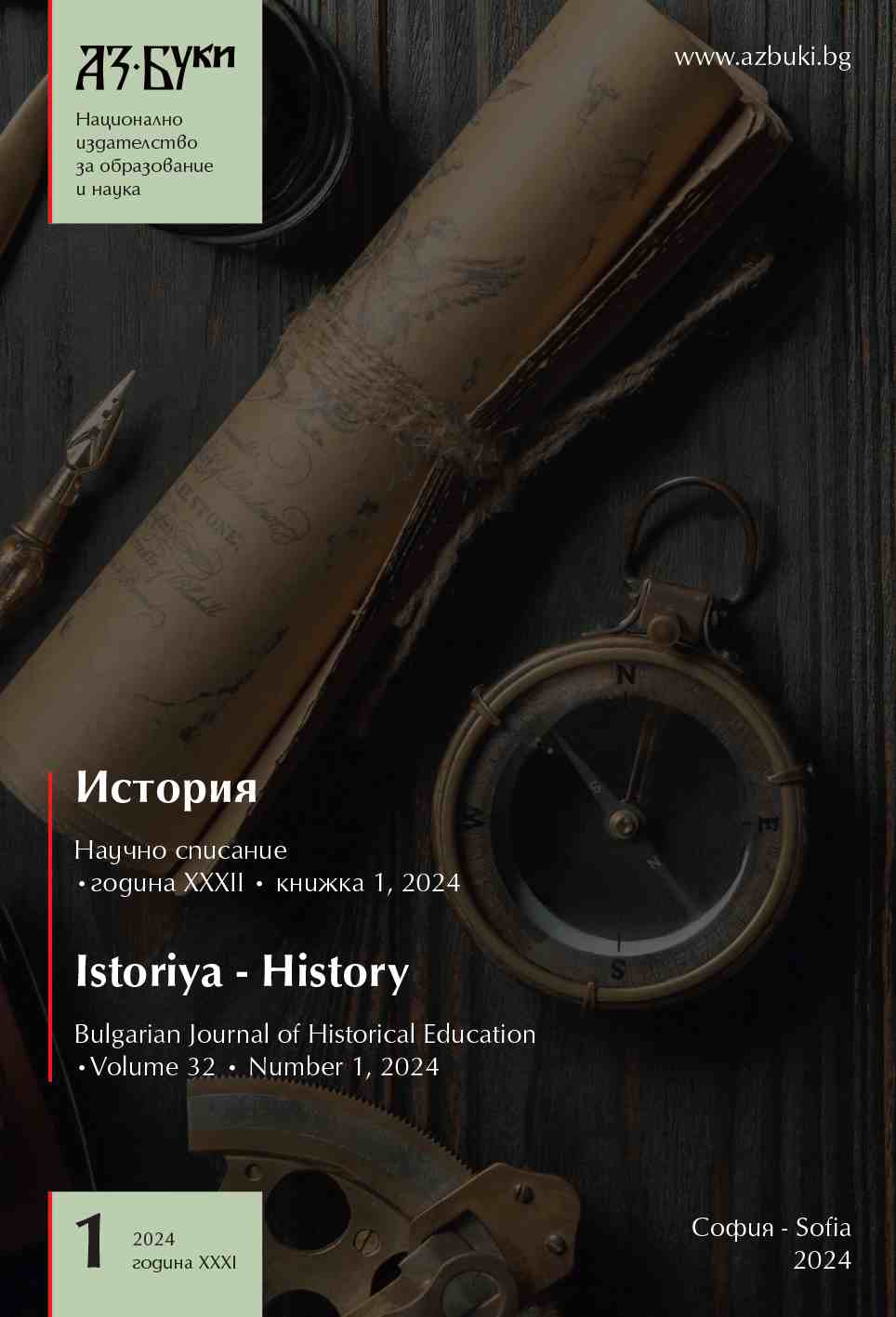
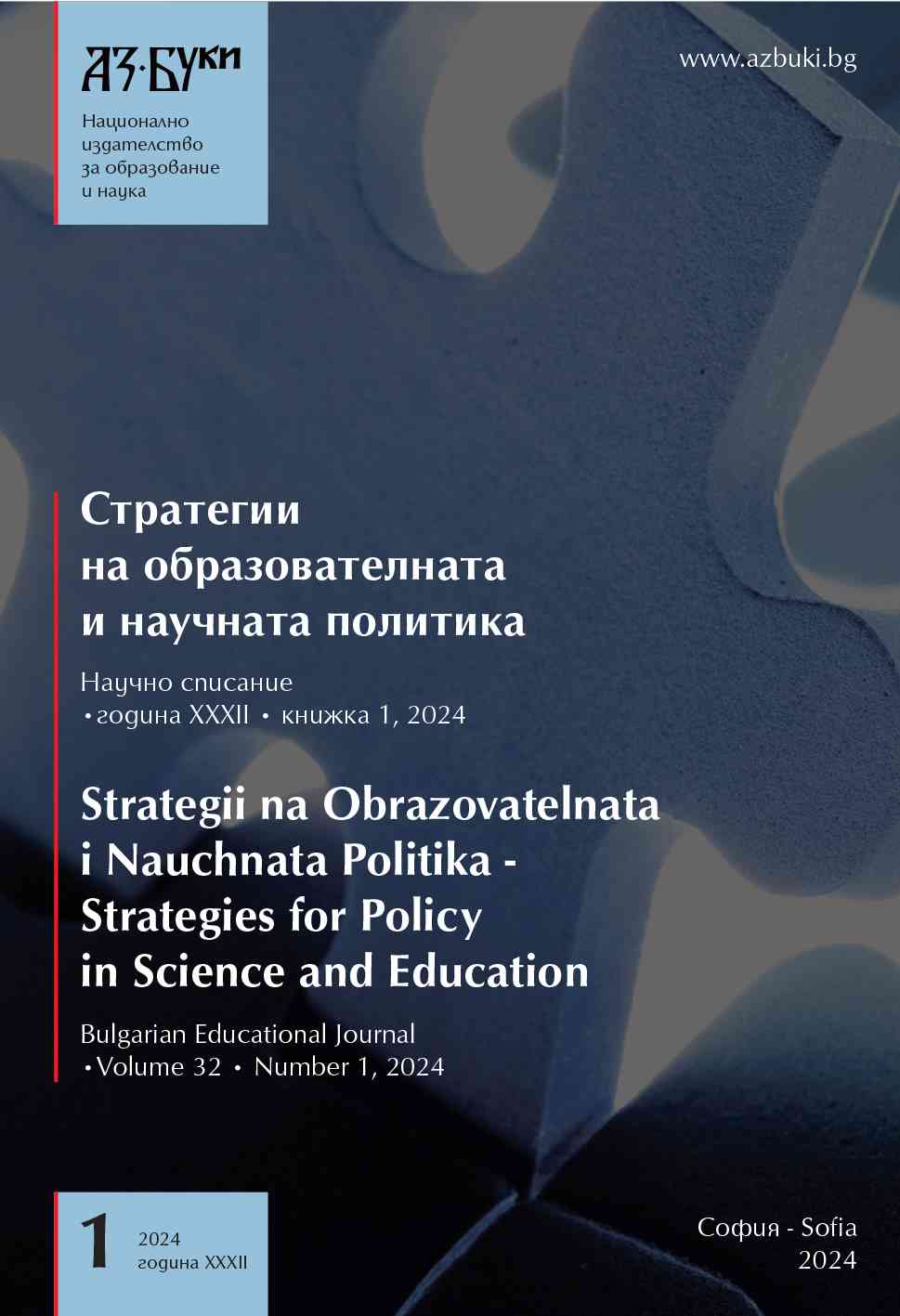
This article deals with the concept of “ultimate history” and the role of present-day AI language models. On the one hand, there stands an old idea that someday, with the development of science, it will become possible to create one final narrative of history. With the fast burgeoning of the AI this question becomes even more imperative for historians all over the world. What would mean to be a historian in a world with a machine that knows more than yourself about history, and what would be the new role of a historian, if AI manages to crack the “ultimate history” once and for all? Those are some of the questions that this paper tries to answer.
More...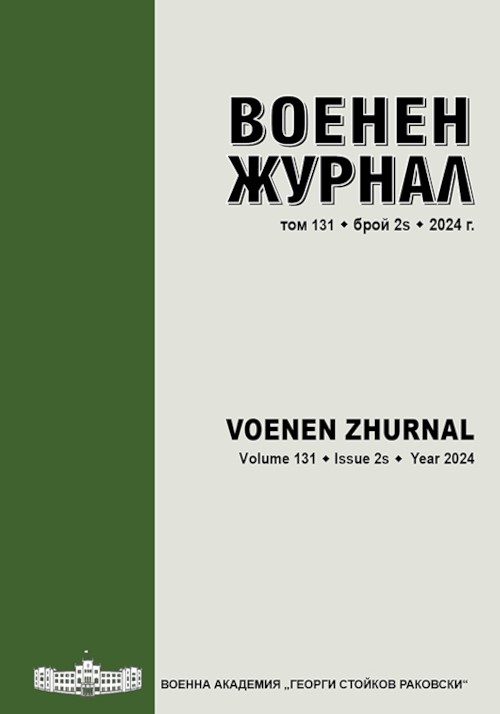
Armed conflicts affect many aspects of life. In addition to casualties from military impacts, conflicts often involve damage or destruction of cultural heritage. The significant challenges we face in the XXI century also complicate the protection of cultural heritage during military operations. The increasing use of social media provides instant viewing and propaganda for the destruction of cultural heritage and, in many cases, its irreversible destruction, on the other hand, precision munitions increase the expectation that cultural heritage sites will be spared during conflict. This expectation often leads to increased frustration and disappointment when sites are not protected or become collateral damage. This article examines the role of the targeting process in influencing cultural heritage during conflict.
More...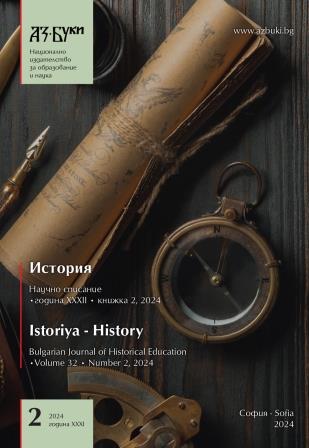
The aim of this study is to exhibit a bibliometric analysis of historical studies on Turkey. A total of 1288 articles from 230 journals indexed in the Web of Science (WoS) database in the years 1975 – 2023 were used in the analysis. The analysis aims to provide a review of historical studies on Turkey by identifying the dynamics of research by presenting the periodical process, current situation, and future directions. The main focus of the analysis is set to the recent history of Turkey. Therefore, the scope of the study was defined as Turkey’s founding period, its aftermath, and the period up to the present day, and accordingly, the keywords ‘Turkey’, ‘Turkish Republic’, and ‘Republic of Turkey’ was utilized in the search query in the WoS database. On the data obtained, it is observed that the word ‘Turkey’ is found to be more than ‘Turkish Republic’ and ‘Republic of Turkey’ in the published articles. Also, most of the studies on Turkey were conducted in Turkey by Turkish authors. In this study, it is observed that the historical studies on Turkey are differentiated not only according to internal developments in Turkey, such as the foundation of the Republic, World War I, nationalism, etc. but also according to the effects of external factors, such as issues concerning asylum seekers/migrants, and regional issues such as the Middle East and the Black Sea.
More...